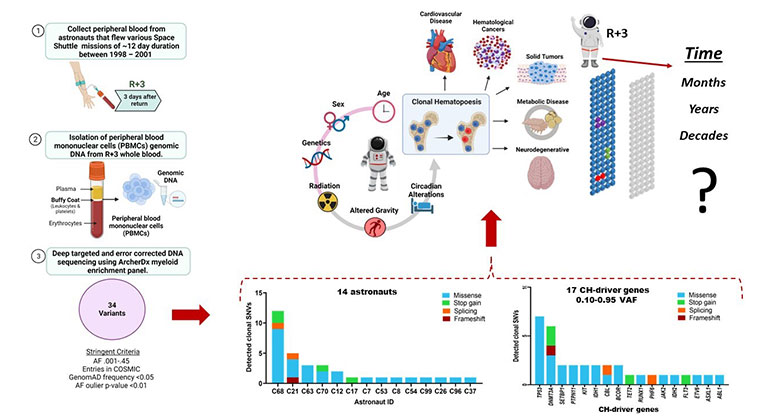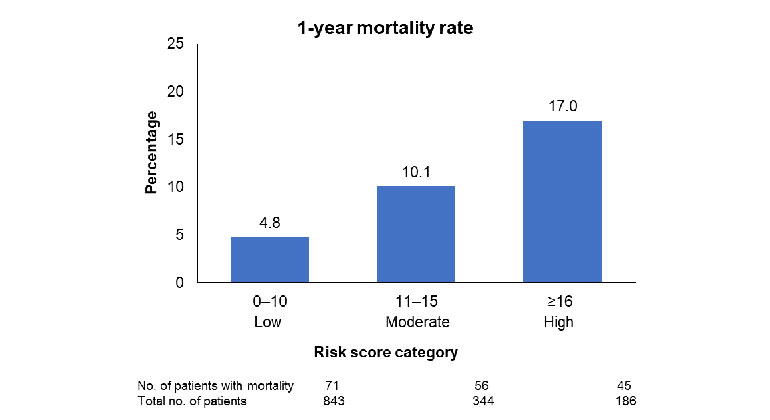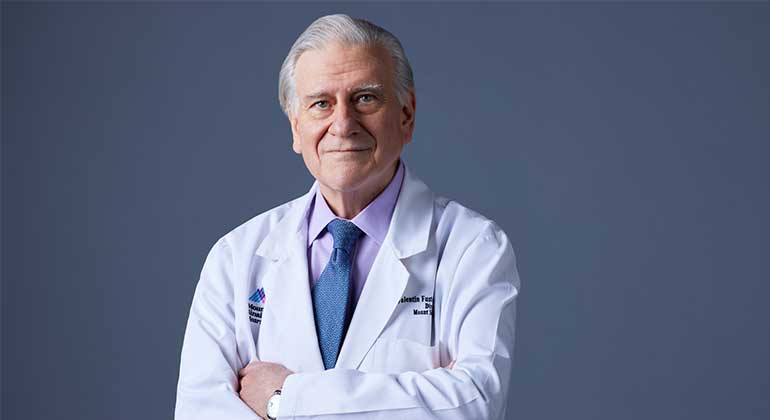Key Heart Failure Culprit Discovered
Collaborative research study shows blocking microRNA miR-25 halts progression of heart failure, improves cardiac function, and may increase survival.
Newly identified heart failure culprit miR-25 has an increased prevalence inside cardiac cells, and researchers were able to successfully target miR-25 to halt heart failure's progression.
A team of cardiovascular researchers from the Cardiovascular Research Center at Icahn School of Medicine at Mount Sinai, Sanford-Burnham Medical Research Institute, and University of California, San Diego have identified a small, but powerful, new player in the onset and progression of heart failure. Their findings, published in the journal Nature on March 12, also show how they successfully blocked the newly discovered culprit to halt the debilitating and chronic life-threatening condition in its tracks.
In the study, investigators identified a tiny piece of RNA called miR-25 that blocks a gene known as SERCA2a, which regulates the flow of calcium within heart muscle cells. Decreased SERCA2a activity is one of the main causes of poor contraction of the heart and enlargement of heart muscle cells leading to heart failure. Using a functional screening system developed by researchers at Sanford-Burnham, the research team discovered miR-25 acts pathologically in patients suffering from heart failure, delaying proper calcium uptake in heart muscle cells.
"Before the availability of high-throughput functional screening, our chance of teasing apart complex biological processes involved in disease progression like heart failure was like finding a needle in a haystack," says study co-senior author Mark Mercola, PhD, professor in the Development, Aging, and Regeneration Program at Sanford-Burnham and professor of Bioengineering at UC San Diego Jacobs School of Engineering. "The results of this study validate our approach to identifying microRNAs as potential therapeutic targets with significant clinical value."
Dr. Mercola's laboratory has pioneered the use of robotic high-throughput methods of drug discovery to identify new targets for heart failure. According to co-lead study authors Christine Wahlquist and Agustin Rojas Muñoz, PhD, developers of the approach and researchers in Mercola's lab at Sanford-Burnham, they used high-throughput robotics to sift through the entire genome for microRNAs involved in heart muscle dysfunction.
Subsequently, the researchers at the Cardiovascular Research Center at Icahn School of Medicine at Mount Sinai found that injecting a small piece of RNA to inhibit the effects of miR-25 dramatically halted heart failure progression in mice. In addition, it also improved their cardiac function and survival.
"In this study, we have not only identified one of the key cellular processes leading to heart failure, but have also demonstrated the therapeutic potential of blocking this process," says co-lead study author Dongtak Jeong, PhD, a post-doctoral fellow at the Cardiovascular Research Center at Icahn School of Medicine at Mount Sinai in the laboratory of the study's co-senior author Roger J. Hajjar, MD.
Nearly 6 million Americans suffer from heart failure, which is when the heart becomes weak and cannot pump enough blood and oxygen throughout the body. Heart failure is a leading cause of hospitalization in the elderly. Often, a variety of medications are used to provide heart failure patients temporary relief of their debilitating symptoms. However, these medications do not improve cardiac function or halt the progression of the disease.
"Currently, heart failure medications do not effectively address the underlying mechanisms that weaken contractile function and lead to the enlargement of heart muscle cells," says co-senior study author Roger J. Hajjar, MD, Director of the Cardiovascular Research Center and the Arthur & Janet C. Ross Professor of Medicine at Icahn School of Medicine at Mount Sinai."Our study provides us with the key evidence we need to begin developing miR-25 as an important new therapeutic target, while adding our successful technique to block this microRNA to our growing arsenal of promising heart failure therapies that we will further develop and test in future clinical trials."
Currently, Dr. Hajjar's laboratory is developing novel gene therapies for patients with heart failure. One therapy, currently in phase IIb/III human clinical trials, uses a modified viral vector to deliver a gene that produces SERCA2a, an enzyme found in healthy heart muscle cells. Another therapy, in preclinical development, uses a disabled virus to deliver a gene called SUMO-1, which shrinks enlarged heart muscle cells and improves cardiac function.
About the Mount Sinai Health System
Mount Sinai Health System is one of the largest academic medical systems in the New York metro area, with more than 43,000 employees working across eight hospitals, over 400 outpatient practices, nearly 300 labs, a school of nursing, and a leading school of medicine and graduate education. Mount Sinai advances health for all people, everywhere, by taking on the most complex health care challenges of our time — discovering and applying new scientific learning and knowledge; developing safer, more effective treatments; educating the next generation of medical leaders and innovators; and supporting local communities by delivering high-quality care to all who need it.
Through the integration of its hospitals, labs, and schools, Mount Sinai offers comprehensive health care solutions from birth through geriatrics, leveraging innovative approaches such as artificial intelligence and informatics while keeping patients’ medical and emotional needs at the center of all treatment. The Health System includes approximately 7,300 primary and specialty care physicians; 13 joint-venture outpatient surgery centers throughout the five boroughs of New York City, Westchester, Long Island, and Florida; and more than 30 affiliated community health centers. We are consistently ranked by U.S. News & World Report's Best Hospitals, receiving high "Honor Roll" status, and are highly ranked: No. 1 in Geriatrics and top 20 in Cardiology/Heart Surgery, Diabetes/Endocrinology, Gastroenterology/GI Surgery, Neurology/Neurosurgery, Orthopedics, Pulmonology/Lung Surgery, Rehabilitation, and Urology. New York Eye and Ear Infirmary of Mount Sinai is ranked No. 12 in Ophthalmology. U.S. News & World Report’s “Best Children’s Hospitals” ranks Mount Sinai Kravis Children's Hospital among the country’s best in several pediatric specialties.
For more information, visit https://www.mountsinai.org or find Mount Sinai on Facebook, Twitter and YouTube.
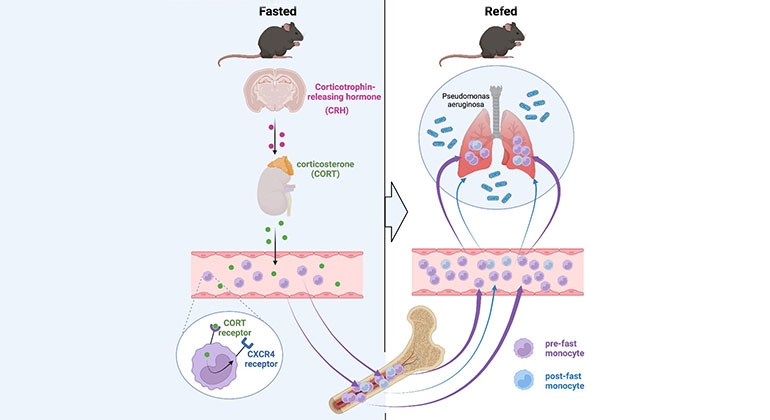
Skipping Breakfast May Compromise the Immune System
Feb 23, 2023 View All Press Releases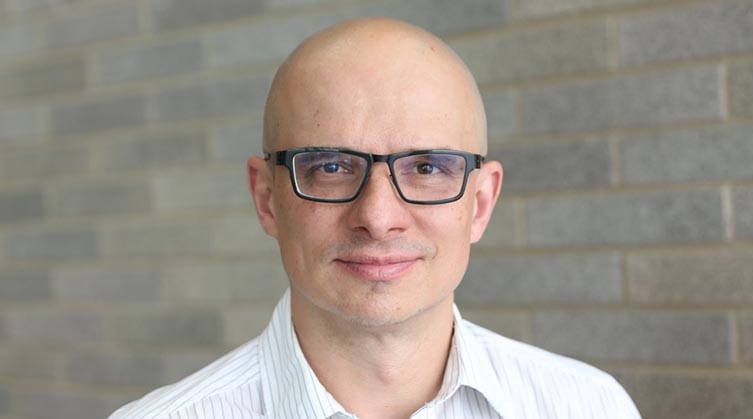
Mount Sinai Recruits Internationally Recognized Cardiovascular Immunology Researcher
Jul 21, 2021 View All Press Releases
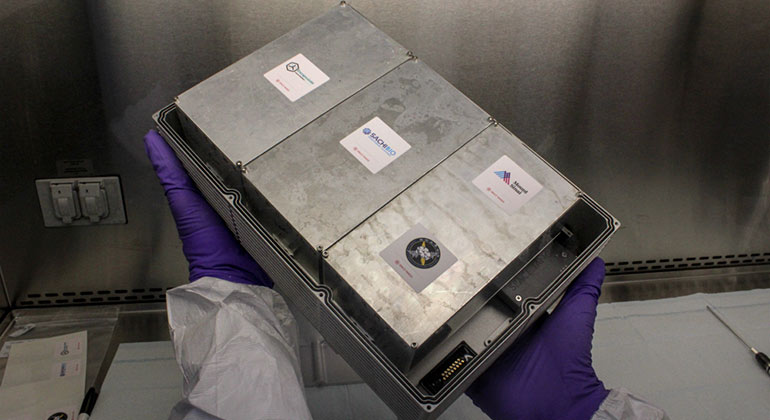
.jpg)
